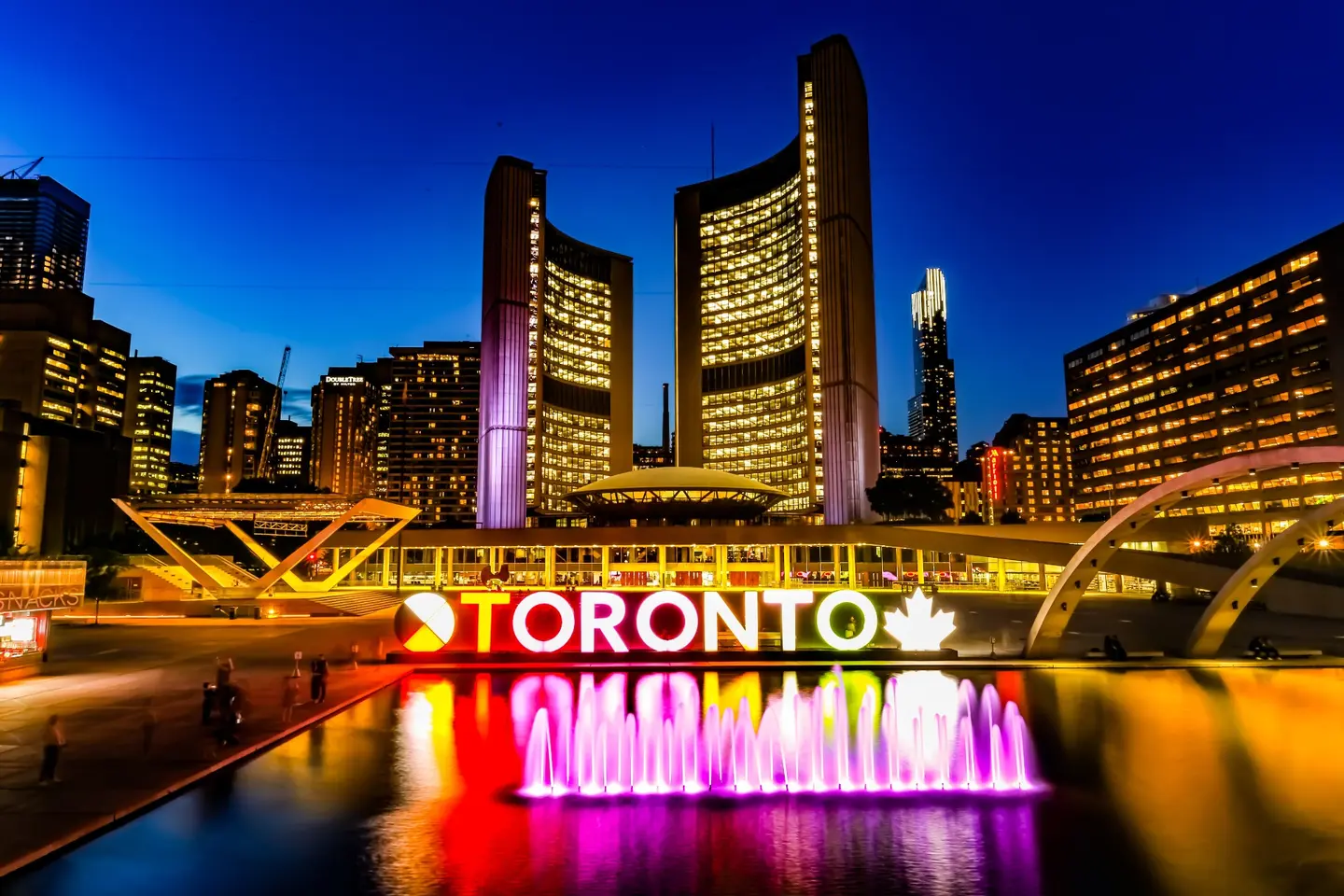Apartments in Toronto: price/cost for 2026
Are you thinking about renting in Toronto? Perhaps you already live here but are looking for a change of scenery. Whether you’re searching for your first apartment in the city or simply want to stay informed about the local rental market, we’ve got you covered.
In this article, we’ll look at average apartment prices and discuss the various factors that influence the cost of apartments, all to help you find a home that fits your needs.
What makes Toronto great and why the higher rent is worth it

Toronto is an exciting multicultural and cosmopolitan city and ranks among the best places to live in Canada. It consistently appears at the top of quality-of-life indices and, in some comparisons, it even outperforms other great cities like Paris and Berlin.
It’s often called the “City of Neighborhoods.” Within Toronto, you’ll find a remarkable 158 neighborhoods, each with its own distinctive charm and character. No matter where you live, you’re bound to experience a different side of the city.
Nevertheless, Toronto’s average monthly rent price is the third highest in Canada. As of November 2025, it sits at $2,222 for a one-bedroom apartment—roughly $250 above the national average. However, if you’re a renter, don’t let that deter you: the city has a lot to offer in terms of professional opportunities, and rental costs can vary widely depending on factors like location, building age, and local demand.
Toronto’s neighborhoods and average apartments prices
Toronto’s 158 neighborhoods are divided among four districts: Etobicoke-York, North York, Scarborough, and Toronto-East York. You can expect different average apartment prices depending on which district you choose to live in or invest in. For example, in November 2025, the average monthly rent for a one-bedroom apartment in Scarborough was $90 less than in North York. Although this may generally be the case, prices can fluctuate considerably from one neighborhood to another within the same district. This rule also applies to Toronto’s home prices.
Keep in mind that a variety of factors influence the cost of housing, including:
- Number of bedrooms
- Location
- Amenities
- Pet policies
- Market demand
- Property type
- Year of construction
- And more
For instance, in November 2025, the average monthly rent for a two-bedroom apartment in Toronto stood at $2,228, marking a $606 difference compared to a one-bedroom apartment. Meanwhile, the average asking rent for a three-bedroom apartment has now surpassed $3,300 per month in many highly sought-after areas.
Comparative table: 2025 rental prices
Below is a table illustrating estimated average rents for different apartment types in Toronto, as well as the typical premium for newly constructed buildings:
|
Apartment Type |
Average Rent (Older Buildings) |
Average Rent (New Constructions) |
Price Difference |
|
Studio |
$1,600 |
$2,100 |
+31.25% |
|
1 Bedroom |
$2,222 |
$2,650 |
+19.27% |
|
2 Bedrooms |
$2,828 |
$3,525 |
+24.64% |
|
3 Bedrooms |
$3,300 |
$4,100 |
+24.24% |
As you can see, new buildings often equipped with modern amenities and energy-efficient features tend to cost between 20% and 30% more than comparable units in older properties. Prospective tenants seeking newly built apartments should factor in this additional cost when budgeting for a move.
New data on rental market and 2026 trends
Driven by sustained demand and extremely low vacancy rates, Toronto’s rental market shows no signs of cooling off in 2026. According to several analysts, rental growth is expected to continue at a modest but steady pace likely 4% to 6% as more professionals, international students, and newcomers choose Toronto as their home. This ongoing upward pressure on Toronto apartment prices is further amplified by the influx of new developments, which, while modern and appealing, command higher rents (as shown in the table above).
Rental housing outlook for 2026
Each year, the Ontario government sets a rent increase guideline. This guideline, which applies to most tenants, is the maximum annual rent increase a landlord can charge without approval from the Landlord and Tenant Board. Units built and occupied after November 15, 2018, are exempt from rent control. We’ve published an article detailing these and other exemptions.
For 2026, the rent increase guideline remains capped at 2.5%, the same maximum allowed the previous year for Ontario’s housing market.
This means you can expect the average monthly rent price to reflect both the government’s guideline and broader market forces. If the average monthly rent was $2,222 for a one-bedroom apartment in Toronto in January 2025, it could climb toward $2,277 or more as the year progresses, especially in areas with high demand.
Given the ongoing supply shortage, especially for new projects, Toronto’s average monthly rent price could see even more pronounced increases for newly built units. According to the Canada Mortgage and Housing Corporation’s (CMHC) early 2024 data, the vacancy rate for purpose-built rentals stood at 1.5%, while the condominium apartment market had an even lower vacancy rate of 1.0%. These extremely low rates are projected to persist through 2025, keeping competition for available units tight.
For the best new apartments for rent, at the best price: Vistoo.com
We offer a handpicked selection of new properties and in-depth neighborhood insights, making it simple for you to choose an area that matches your lifestyle. With Vistoo, finding an apartment that suits your personal taste and comfort level is truly hassle-free.
About the author
Yannick
Cloutier
Yannick has over 20 years of experience in real estate development, management, and sales. Passionate about real estate, he enjoys sharing his knowledge and finding innovative solutions to meet the needs of an ever-evolving market. As the owner of several businesses in the sector, he understands the challenges and opportunities of property management and maximizing property value.
